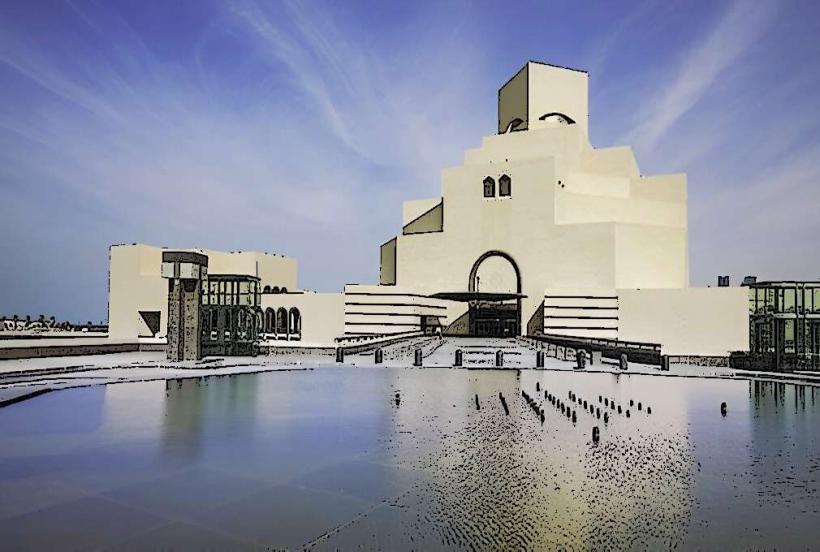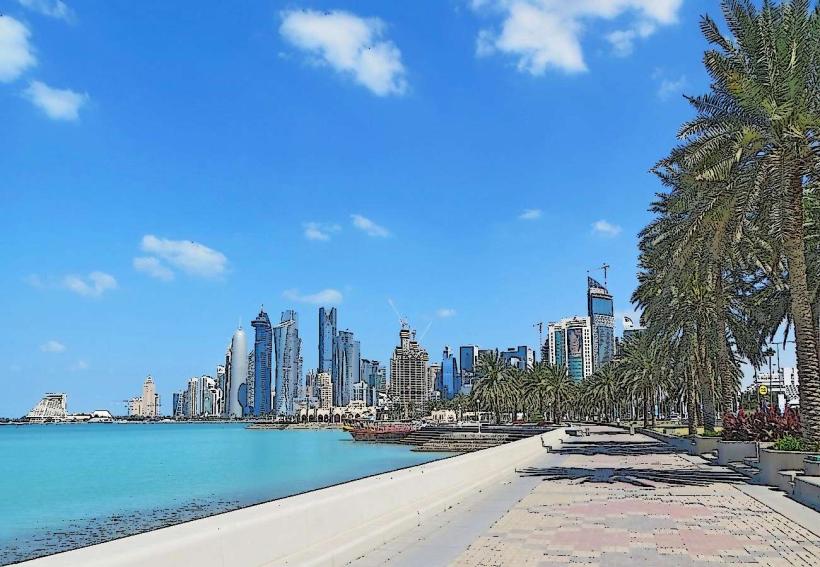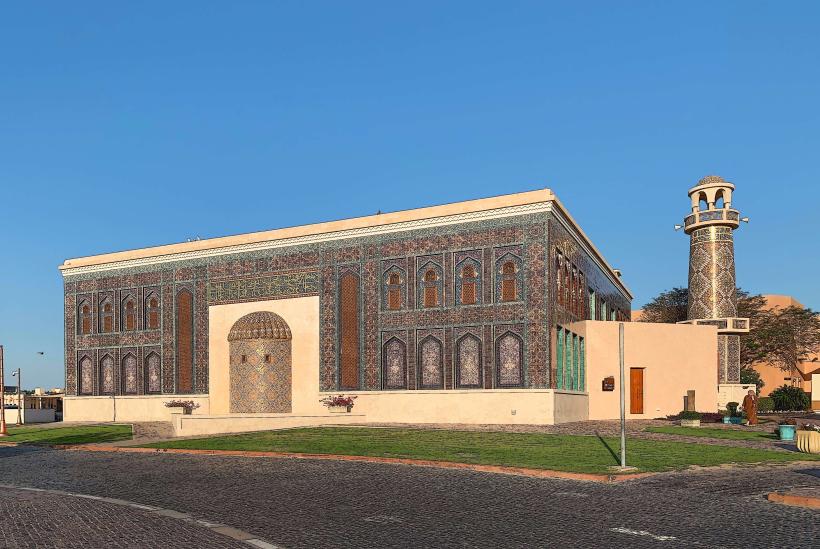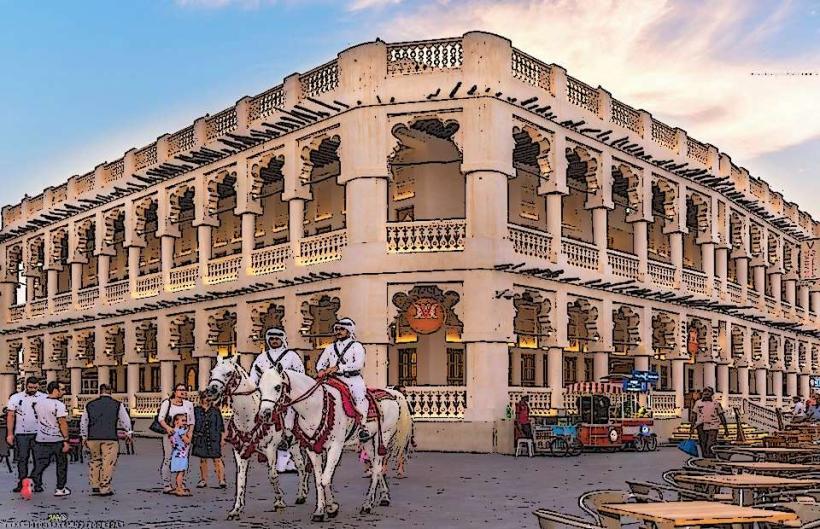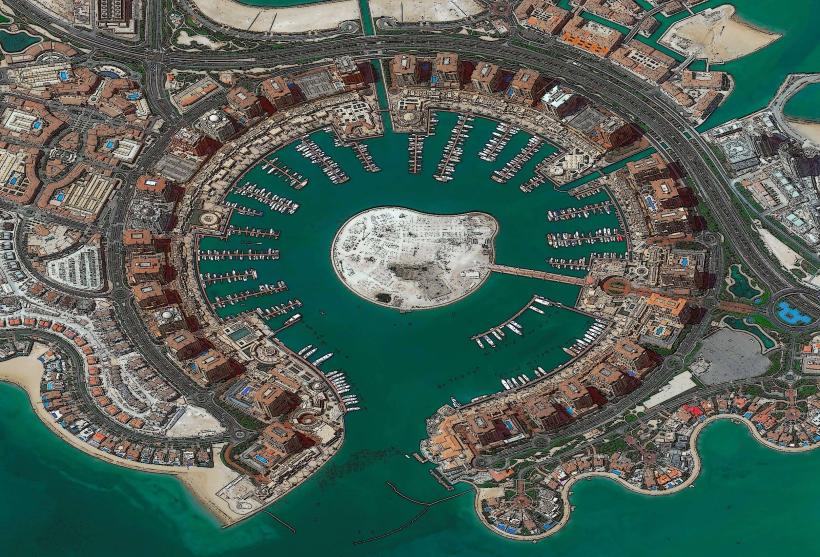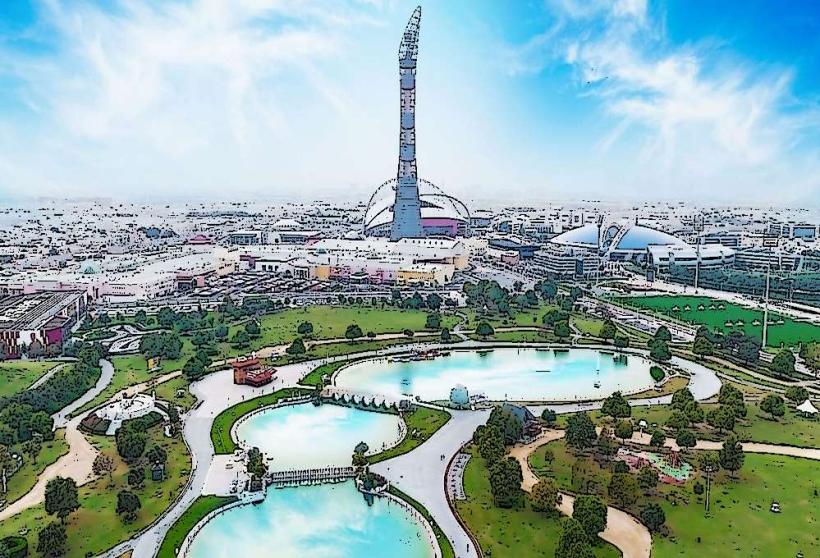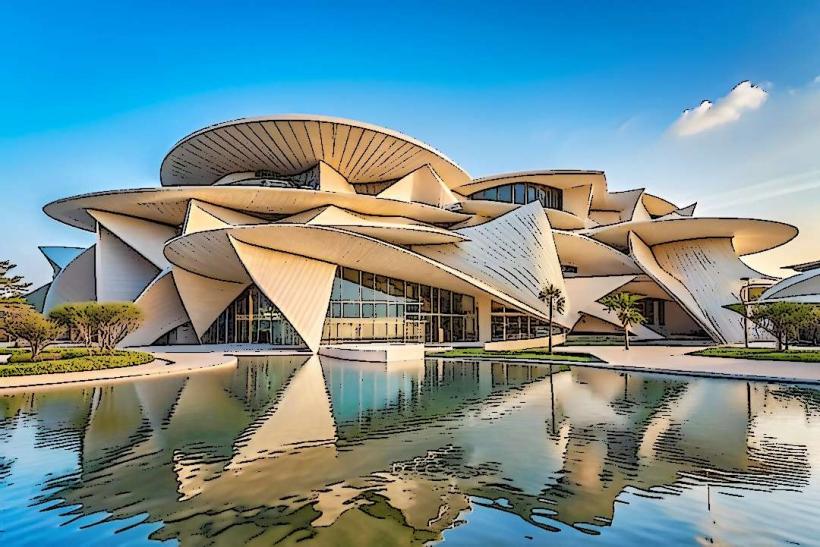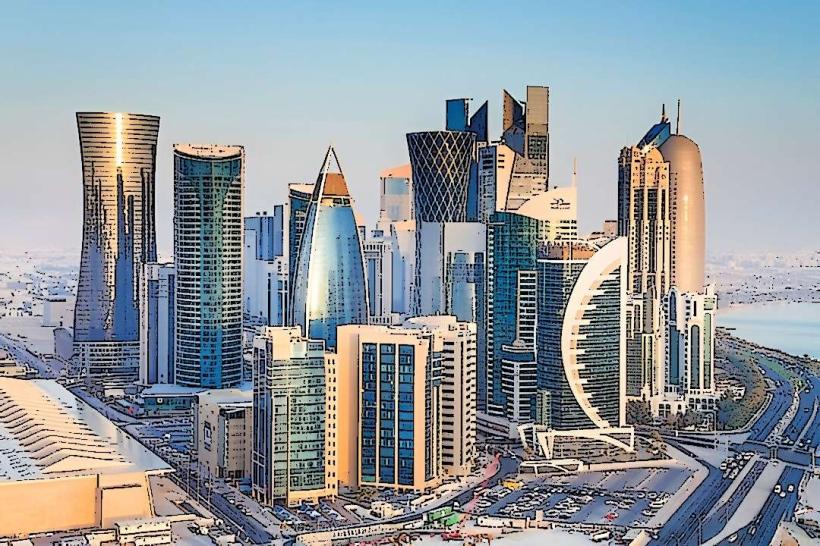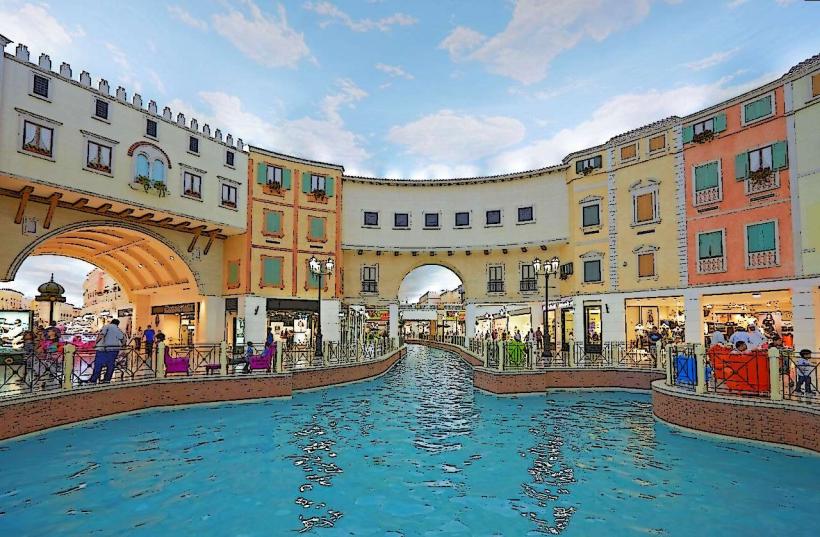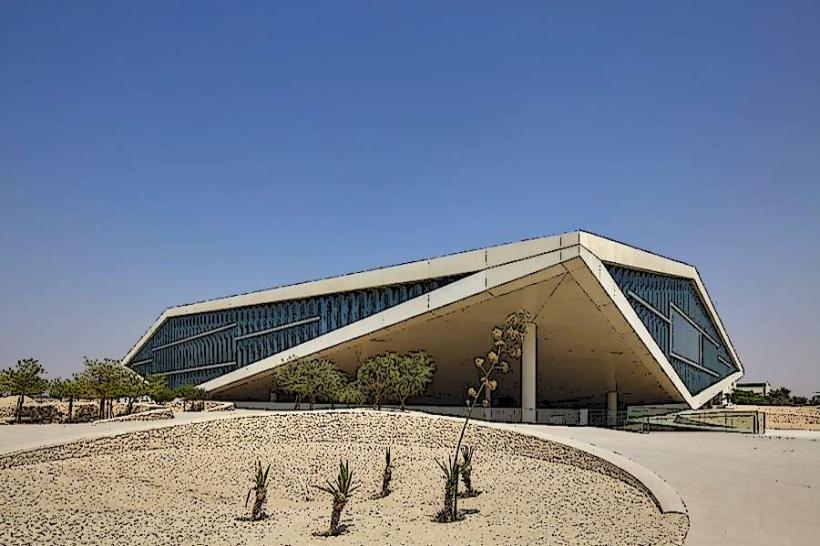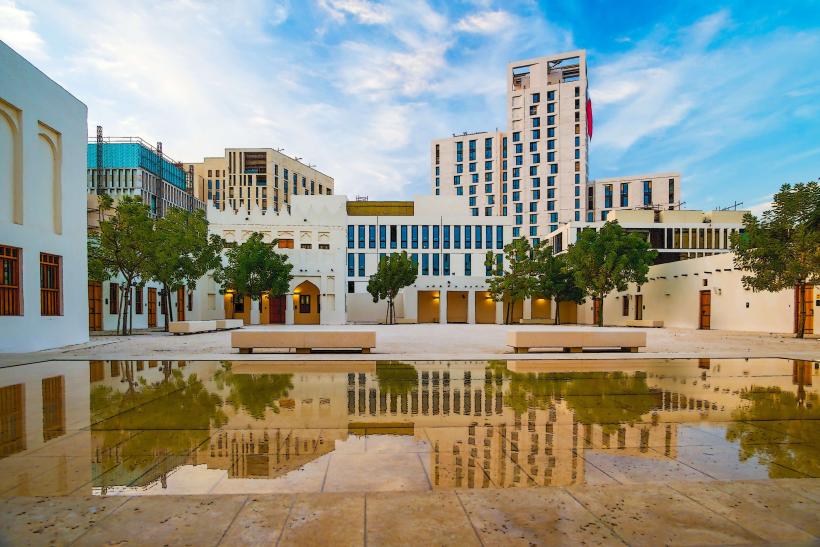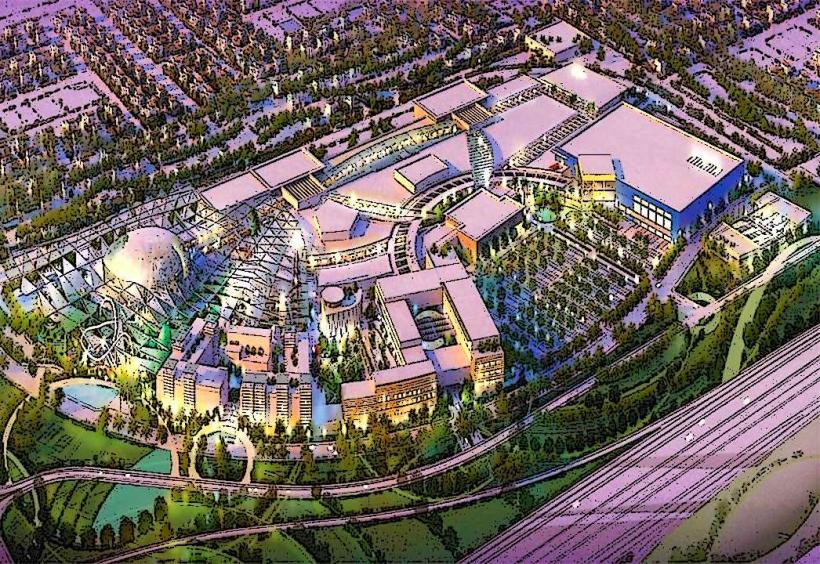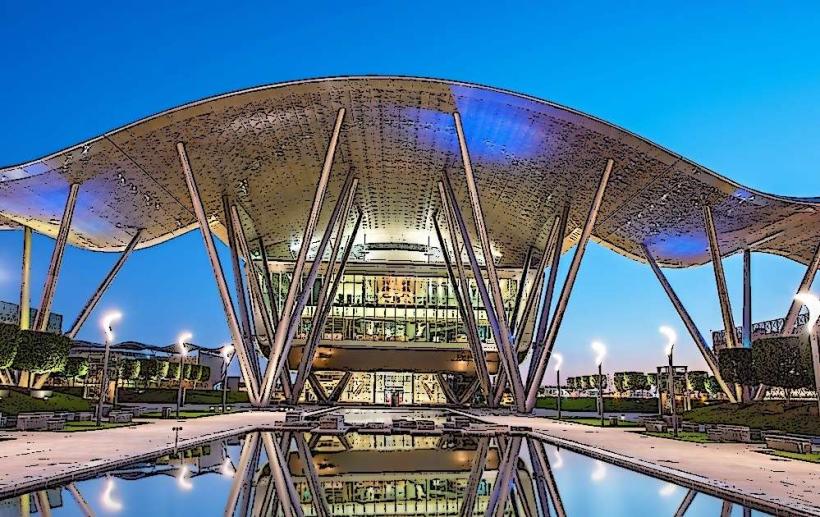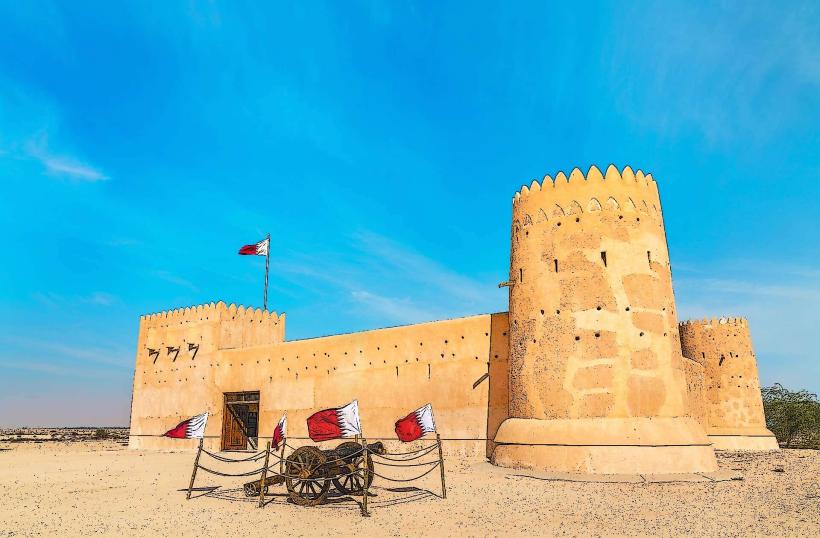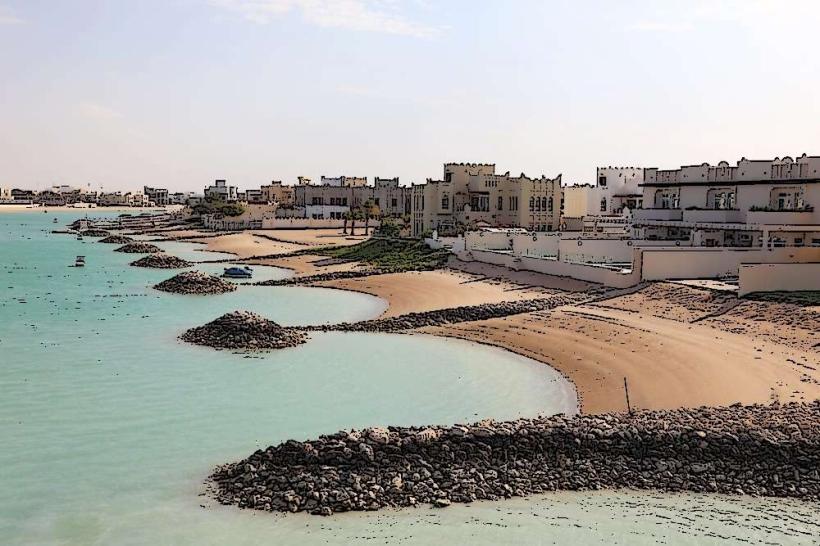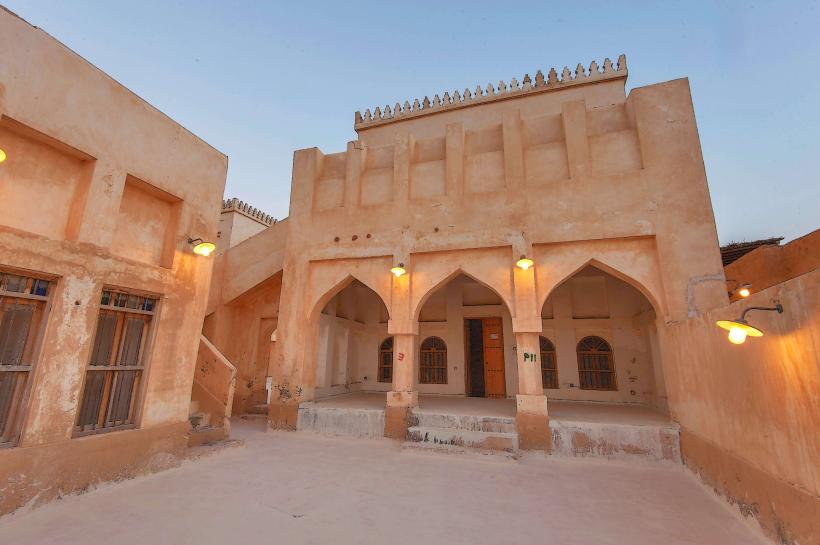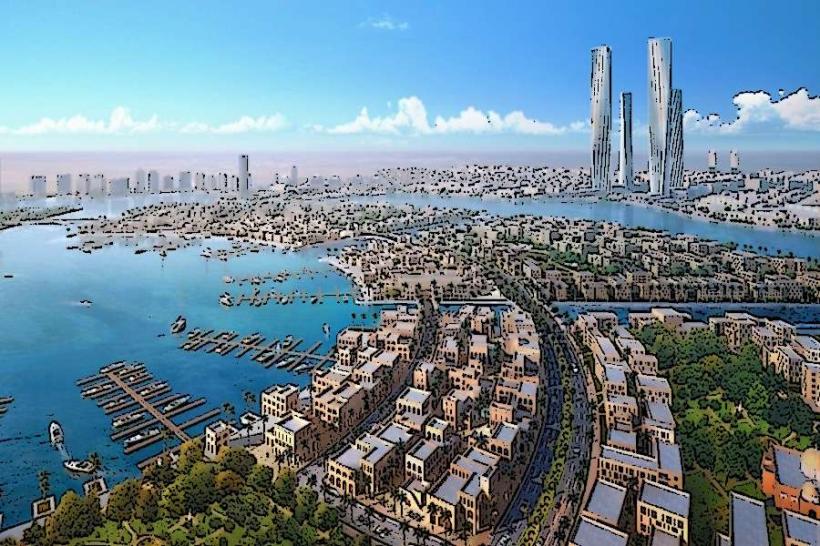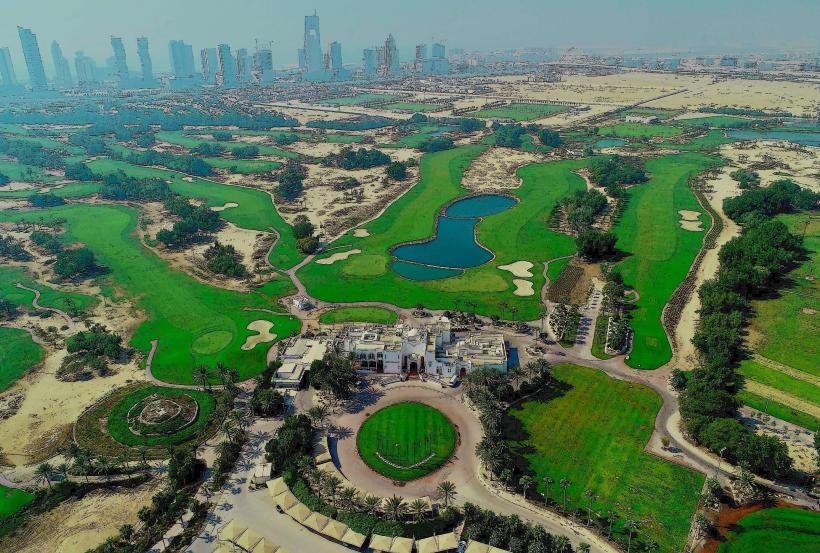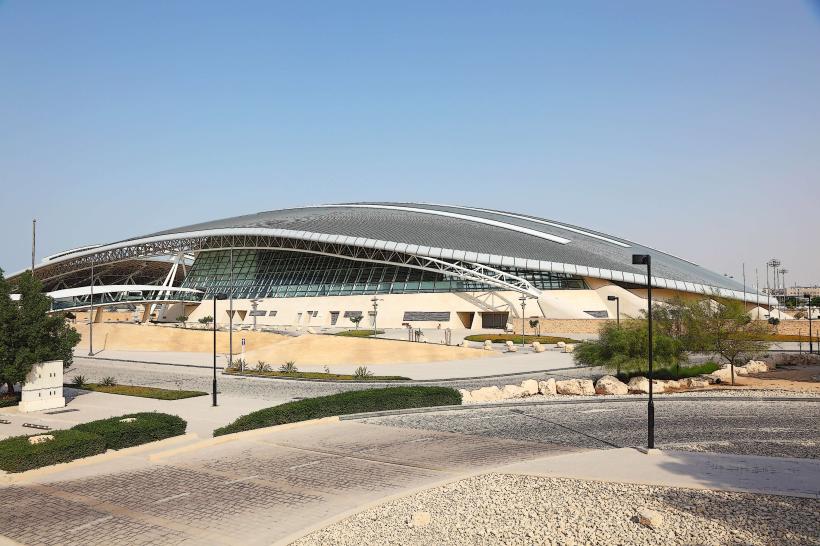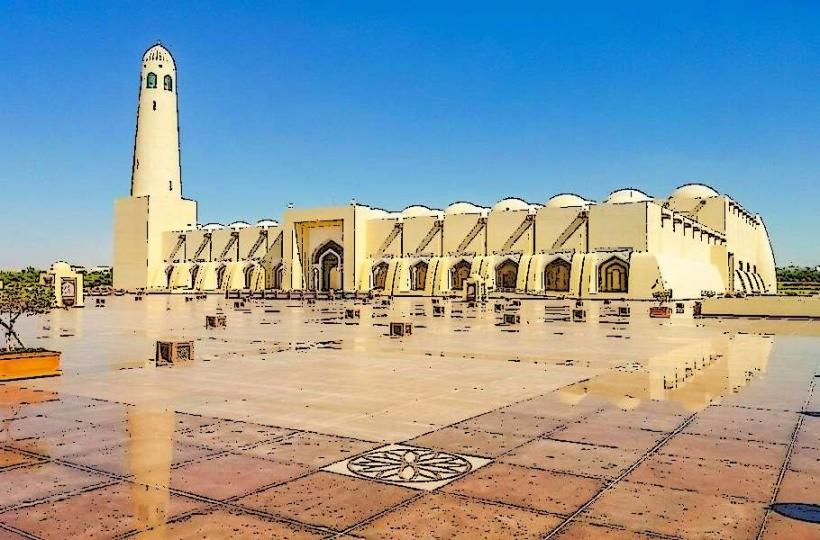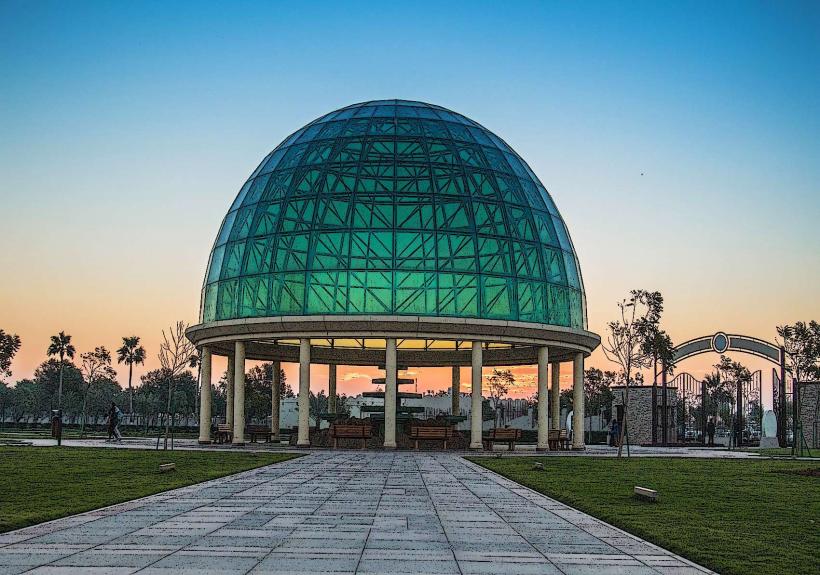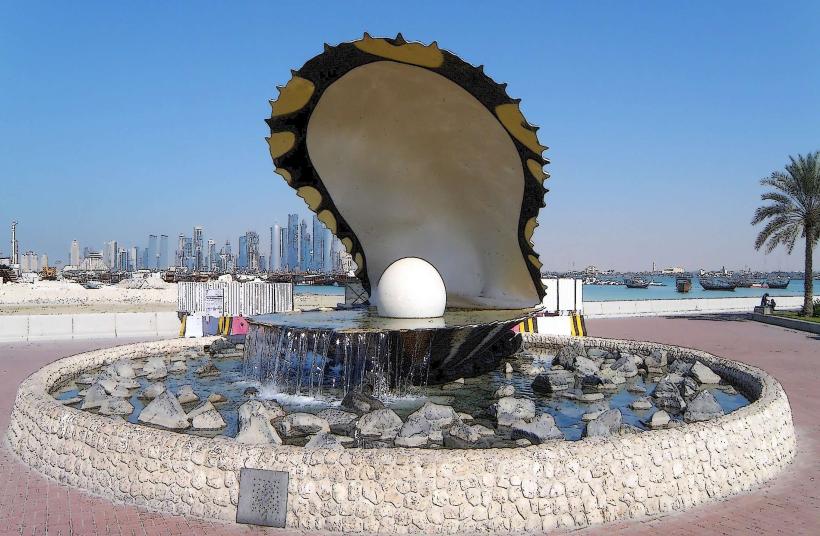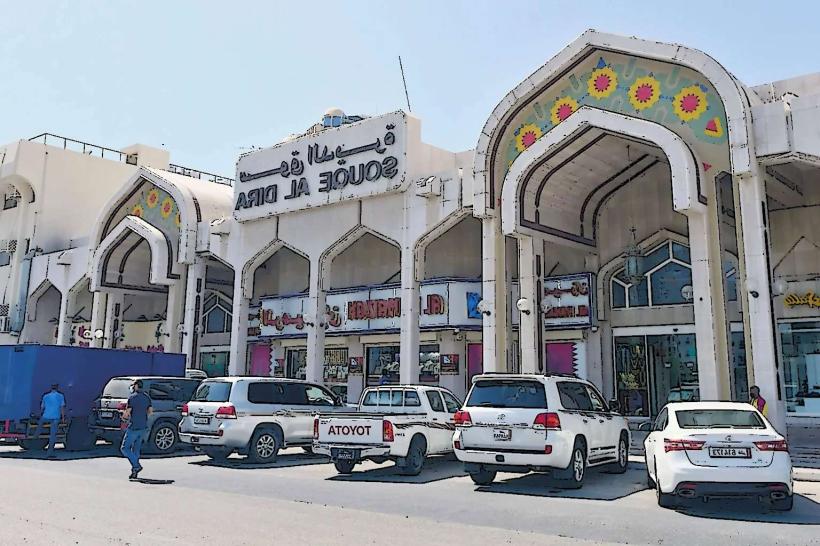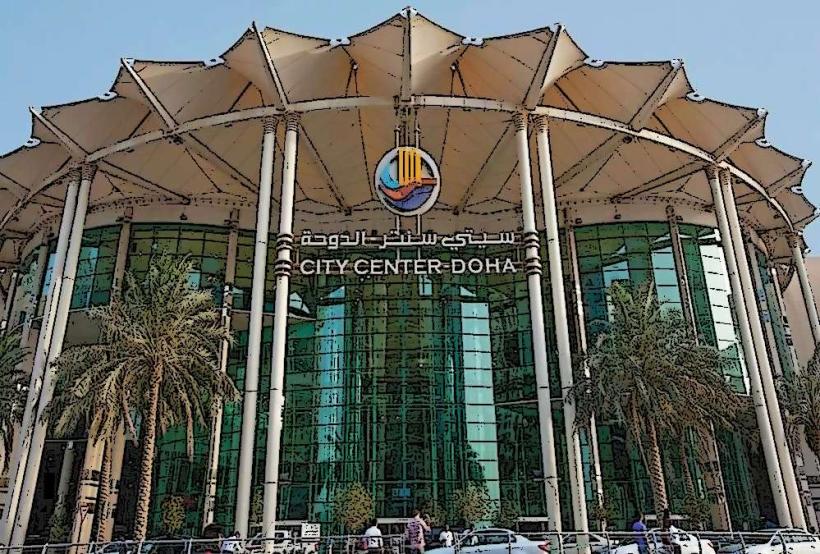Information
Landmark: Ras Laffan Industrial CityCity: Doha
Country: Qatar
Continent: Asia
Ras Laffan Industrial City, Doha, Qatar, Asia
Ras Laffan Industrial City is a large-scale industrial hub located on the northeastern coast of Qatar, approximately 80 kilometers north of Doha.
Visual Characteristics
The city is characterized by extensive industrial infrastructure, including large processing plants, storage tanks, pipelines, and port facilities. Dominant materials are steel, concrete, and various industrial composites. The landscape is largely flat, with the Persian Gulf to the east. Structures vary in height, from low-lying processing units to tall flare stacks and port cranes.
Location & Access Logistics
Access is primarily via Al Khor Coastal Road (Route 51) and then Al Shamal Road (Route 1) heading north from Doha. The journey from Doha city center is approximately 80 kilometers and takes about 1 hour by car, depending on traffic. Private vehicle access is controlled, with specific entry points for authorized personnel and visitors. Public transport directly to the industrial city is not available. The port facilities are accessible by sea.
Historical & Ecological Origin
Ras Laffan Industrial City was established in 1996 to support Qatar's natural gas production and export. Its development is centered around the North Field, the world's largest non-associated natural gas field. The area was historically a coastal desert region with limited natural features prior to industrial development.
Key Highlights & Activities
Activities are primarily focused on the energy sector. This includes the operation of Liquefied Natural Gas (LNG) plants, condensate refineries, and petrochemical facilities. Visitors with authorized access can observe industrial processes and port operations. The Ras Laffan Port is a key hub for LNG carriers.
Infrastructure & Amenities
Within the operational areas, amenities are limited to those supporting industrial personnel, including administrative buildings and basic welfare facilities. Cell phone signal (4G/5G) is generally available within the city limits. There are no public food vendors or tourist-oriented amenities within the industrial zone itself.
Best Time to Visit
For operational observation, the best time is during daylight hours. The climate in Qatar is hot, with average temperatures ranging from 20°C in January to 40°C in July. The most comfortable months for outdoor conditions are typically November through March, with daytime temperatures averaging between 20°C and 30°C.
Facts & Legends
Ras Laffan Industrial City is home to one of the world's largest LNG export terminals. A specific operational detail is the extensive use of flare stacks, which are designed to safely burn off excess gases during processing, a common sight in large petrochemical complexes.
Nearby Landmarks
- Al Khor City (15km Southwest)
- Al Thumama Stadium (65km South)
- The Pearl-Qatar (70km South)
- Doha Corniche (80km South)
- Museum of Islamic Art, Doha (80km South)

